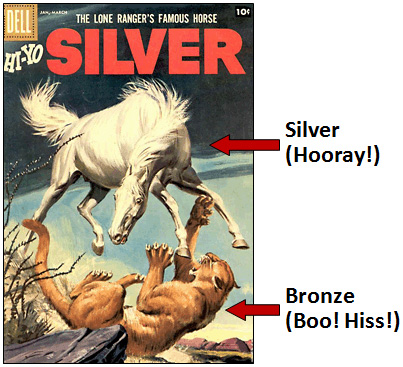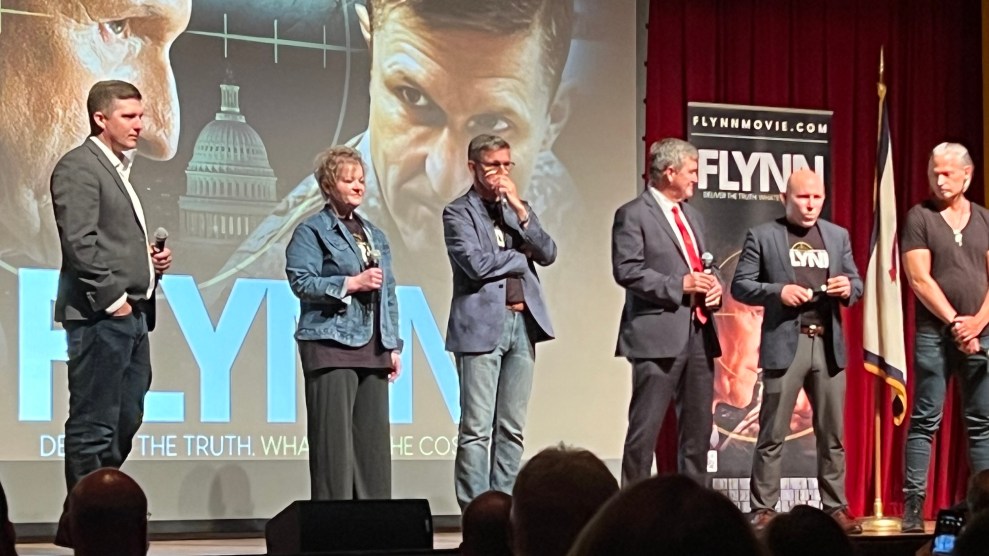In the New York Times today, Robert Pear writes that Obamacare has a big problem: high deductibles. And this is true. Many bronze plans have deductibles of several thousand dollars, making them all but useless except  as catastrophic coverage. But if you just go to healthcare.gov and look for the cheapest plan, bronze is what you’ll end up with.
as catastrophic coverage. But if you just go to healthcare.gov and look for the cheapest plan, bronze is what you’ll end up with.
The answer, for many low-income people, is to choose a silver plan. It’s a little more expensive, but the terms of the insurance are far more generous. That’s especially true if you take into account Cost Sharing Reduction, a feature of Obamacare that low-income families qualify for automatically but don’t find out about until they’re at the very end of the application process. It doesn’t show up if you’re just window shopping. However, as Andrew Sprung points out today, CSR changes the picture considerably.
Sprung may well be the nation’s top expert in CSR, and I think he’s closing in on his millionth written word about it. I, however, will do it all in a dozen. I went to healthcare.gov and randomly chose Richmond, Virginia. My baseline is a family of three earning $40,000, with the parents in their early thirties. Here’s the cost of equivalent Anthem plans with federal subsidies included:

The silver plan costs about $50 per month more. But my family’s income puts them at just under 200 percent of the poverty level, which means they qualify for a generous CSR. Compared to bronze, their individual deductible goes down from $5,500 to $250. Their individual out-of-pocket max goes down from $6,850 to $1,450. Their copay for a doctor’s visit is less, their copay for a hospital visit is less, and their copay for prescription drugs is less.
As Sprung tirelessly points out, CSR is only available with silver plans. This makes the bottom line simple: Low-income families trying to buy serious health insurance on an exchange should always buy silver. Bronze is basically catastrophic insurance for 20-something kids who are certain they’ll never use it. Silver is modestly more expensive, but the benefits are worth it, even if you have to scrimp to afford it.

















